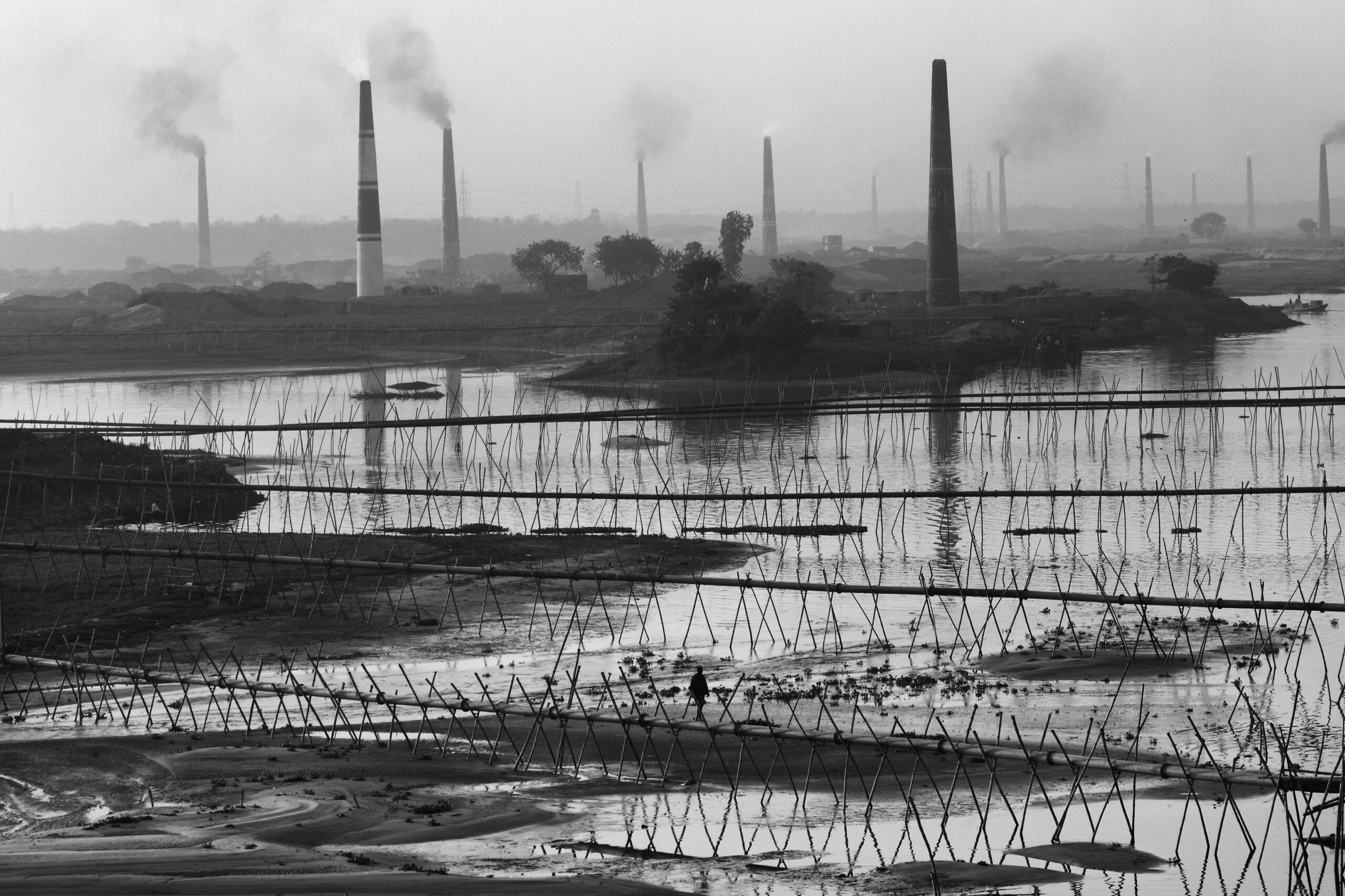Humans often find themselves distracted, lazy, or simply unwilling to confront information that could make them feel bad or force them to take action. Yet the elephant in the room has grown so large that the entire room is on the verge of exploding.
Over two decades ago, British mathematician Clive Humby famously declared, “Data is the new oil. ” Most people ignored this significant statement, and to be fair, what were they supposed to do?
The average citizen over the past 20 years has already struggled to navigate an increasingly aggressive world that changes rapidly and pushes us to consume more with every passing second.
Not to mention the economic crises, the real estate bubble, and a pandemic.
Unfortunately, we’ve managed to turn this metaphor about value into yet another environmental catastrophe. It turns out that, just like oil, our obsession with data is cooking the planet, but hey, at least we have 4K streaming, right?
Once again, this isn’t the fault of the average citizen but a systemic issue requiring collective action and accountability from both corporations and governments.
We should be questioning why this kind of information isn’t widely promoted.
After all, when we buy food, for instance, it comes with a label detailing its nutritional content and sourcing.
Similarly, consumers deserve transparency about the environmental impact of their digital consumption, enabling them to make informed choices that align with sustainable practices.
The Environmental Cost of Data
Let’s start with the basics: every digital move you make, emails, Google searches, or even scrolling Instagram, is powered by datacenters.
These are not magical clouds (despite what the term suggests), but enormous energy guzzling server farms that demand colossal amounts of electricity and water to keep running.
In 2023, Americans alone consumed 100.1 trillion megabytes of wireless data, a 36% jump from the year before. This is nearly double the amount of data used just two years ago and more than was used from 2010 to 2018 combined.
Sending and reading one email might produce 0.3g CO2e for spam, 4g CO2e for a standard email, or up to 50g CO2e for emails with attachments.
Multiply that by the endless chain of “Got it!” and “Thanks!” emails clogging your inbox, and it’s a disaster of epic proportions.
When considering the staggering environmental impact of digital communication, even the idea of recycling paper and plastic seems minor.
The carbon footprint generated by our online activities often surpasses that of traditional waste, urging us to rethink sustainability in a world increasingly driven by technology.
Datacenters
Tech giants like Amazon, Google, and Microsoft are in a gold rush to build more datacenters.
Meanwhile, Google’s emissions have increased by 13% year-over-year, according to their latest environmental report.
Their solution? Private nuclear power plants.
Nothing screams “we’ve got this under control” like retrofitting Three Mile Island nuclear plant to power your daily dose of cat videos.
In some countries, datacenters have become so resource-hungry that governments are starting to say, “Enough. Parts of the Netherlands and Singapore have even implemented or considered datacenter moratoriums to curb their growth.
AI -The Digital Villain Nobody Wants to Talk About
Enter generative AI, the latest darling of Silicon Valley, which is doing for the environment what fast fashion did for your closet: making everything worse.
AI-powered searches consume up to 10 times more energy than traditional ones, with a ChatGPT query using approximately 2.9 Wh compared to 0.3 Wh for a standard search. And the best part?
AI’s energy-hogging ways are baked into everyday tools. For example, Google’s AI-generated search summaries are now unavoidable, a “core feature,” they say.
Great, just what we needed: an unskippable climate footprint for every question we ask.
Streaming, Texting, and GIFs. It All Adds Up…
Even texting isn’t harmless. While SMS might be the most eco-friendly option at just 0.014g of CO2 per text, messaging apps like WhatsApp are estimated to be almost as polluting as sending an email.
And let’s not forget about the energy-intensive GIFs and emojis we love to use.
Digital Sobriety: Because Ignorance Is Not Bliss
So what can we do to start? Experts advocate for “digital sobriety”, a fancy way of saying, stop being so wasteful, especially now that you know.
Here’s how you can help:
- Dial down your streaming quality. Trust me, your TV show looks the same in 720p.
- Embrace plain text messages. They’re the carbon-friendly way to communicate.
- Think before you Google. Do you really need to know how much Jeff Bezos’ new mega yacht cost?
- Declutter your inbox. Unsubscribe from that newsletter you’ve never read.
Big Tech: Stop the Greenwashing
It’s time to hold tech companies accountable. Carbon offsets and glossy PR campaigns don’t cut it.
We need transparency and meaningful action, like switching to renewable energy and making datacenters more efficient. Until then, let’s call their eco-friendly branding what it really is: lipstick on a pig.
Governments need to stop pretending the problem doesn’t exist and take decisive steps to implement stricter regulations that promote sustainability across all industries.
This ensures companies prioritize environmental responsibility over profit margins.
Additionally, information campaigns must be launched to educate consumers about the impact of their choices, empowering them to make informed decisions that support sustainable practices and hold corporations accountable for their environmental claims.
No More Excuses
Every click, stream, and text has a cost. Our digital habits are driving climate change, and pretending otherwise won’t make it go away.
Digital sobriety is not just a cute idea, it’s a necessity.
Unless you really believe the dumb notion that we should all move to planet Mars, the consequences of inaction will be far worse than a slow loading video.
It’s time to get real about our digital lives and demand better from ourselves, big tech, and governments, for the sake of the planet.

